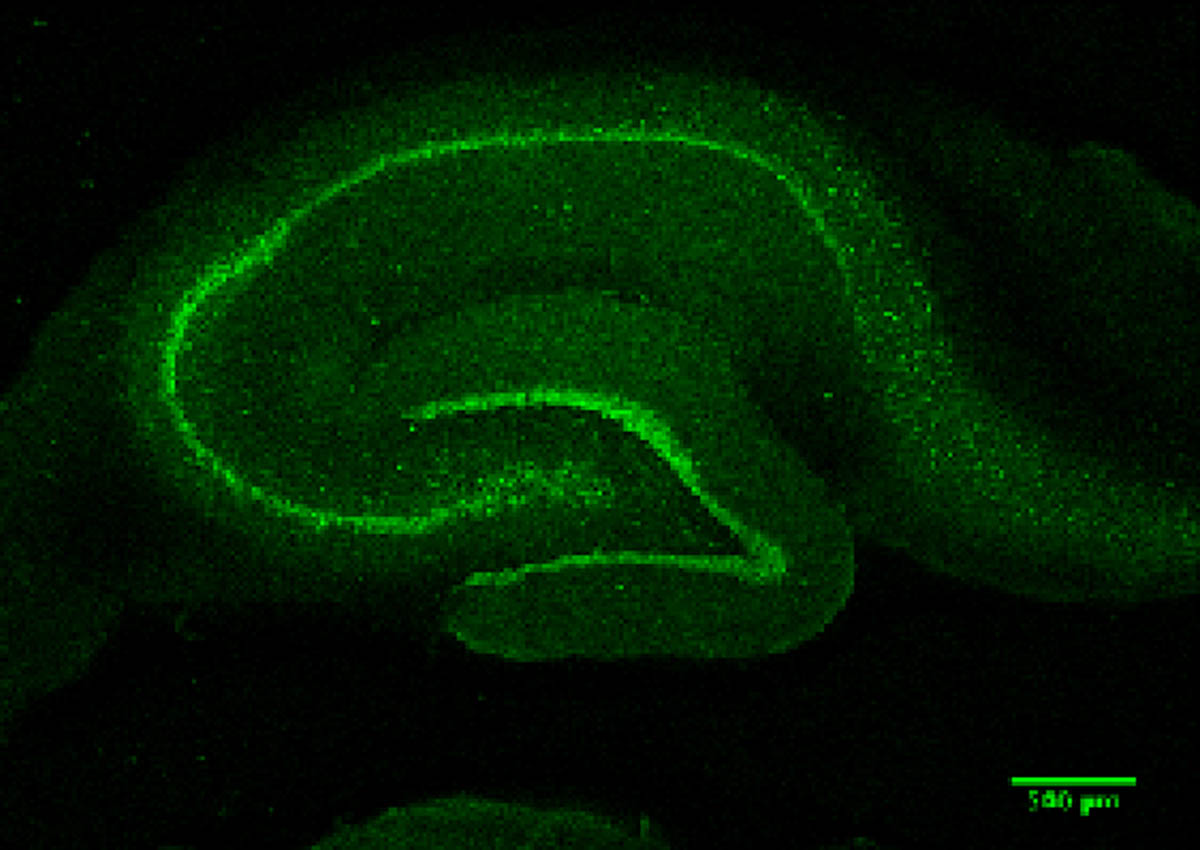The difficulty some people have with long-term memory loss in old age could be linked to an abnormally high level of zinc in a special region in the brain, suggests a new finding by Singapore scientists.
The team of three from the National University of Singapore (NUS) has found that the drug TPEN could help to reverse this.
Zinc is a mineral – found in food like cabbage and shiitake mushrooms – that is essential for a body to function well, playing a role in maintaining a person’s sense of smell and a healthy immune system.
It is also found in the nerve cells in the brain’s hippocampus, a region associated with learning and long-term memory, where it helps the cells to communicate with one another.
While previous research found that the level of zinc in the blood declines as a person ages, the researchers from the NUS Yong Loo Lin School of Medicine claim that their study on animals indicates a significant increase in zinc in the hippocampus of aged brains.
They believe the level of zinc in the blood does not accurately represent the amount of zinc in the brain, and that their finding warrants further investigation.
The study was published recently in peer-reviewed scientific journal Aging Cell.
The scientists believe that the increase in zinc likely happens due to malfunctioning “transporters”.
“These transporters within the hippocampus work as gatekeepers that ensure there is not too much or too little zinc,” explained Assistant Professor Sajikumar Sreedharan, who led the study.
“But they go awry in advanced ageing,” he added.
A study of rats found that this high level of zinc in the hippocampus – nearly doubled in an aged brain compared to an average adult brain – affects the animal’s ability to form long-term memories.
Long-term memory is formed through a process called consolidation, where it is converted from short-term memory through association.
A person is more likely to remember the name of the wine he drank at his wedding than the wine he drank last week because in the first instance, the wine – which by itself is a short-term memory – is associated with his wedding, a strong memory.
The team found that this ability to associate is impaired when there is a high level of zinc in the hippocampus.
They also found that when they gave the drug TPEN to the rats, it helped restore their ability to associate and form long-term memories.
The drug is currently used only in pre-clinical studies. It has previously been used to study the role of zinc and how it is released in neurons.
Previous studies on animals have also suggested that a high-zinc diet leads to learning and memory deficits in old age.
“The common practice so far is to recommend the use of zinc supplements in old age as there is a lot of evidence that points to systemic zinc deficiency,” said Dr Mahesh Shivarama Shetty, who recently obtained his PhD from NUS.
“What our study suggests is that perhaps you should rethink whether taking a lot of zinc supplements is really helpful,” he said.
Next, the team plans to do further studies on the malfunctioning transporters and to study the level of zinc in post-mortem human brain tissues of older people.
Professor Christiani Jeyakumar Henry, director of the Clinical Nutrition Research Centre at the Agency for Science, Technology and Research, said the NUS study further reinforces the link between diet and memory.
“The association between zinc and memory opens up a new line of research that attempts to understand how diet may be used to modulate many aspects of human brain activity,” he said.

This article was first published on Oct 21, 2016.
Get a copy of The Straits Times or go to straitstimes.com for more stories.






